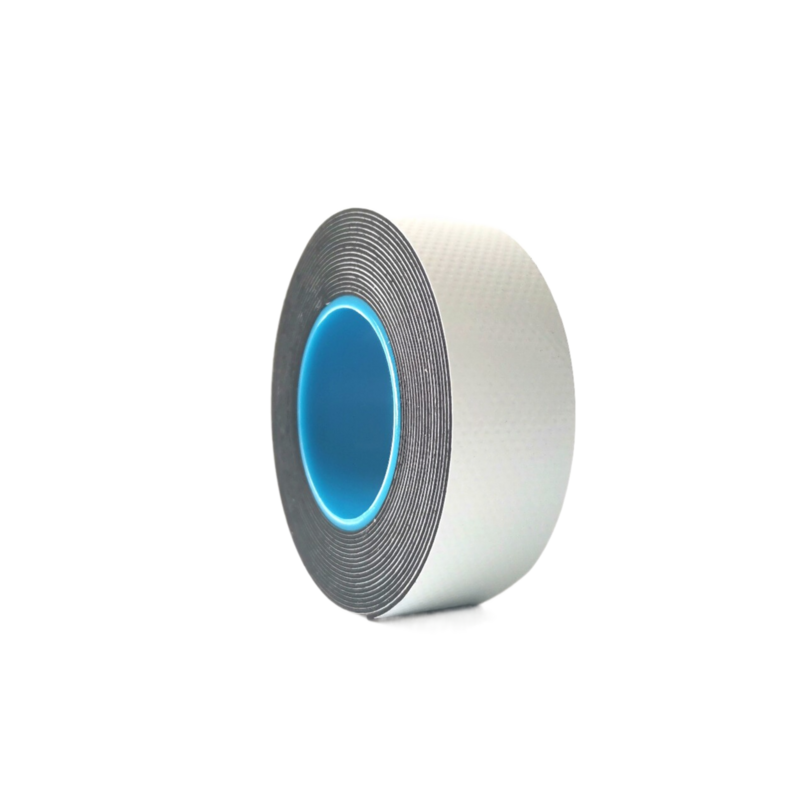Fiberglass Tape for Electrical Insulation A Comprehensive Overview
In the realm of electrical insulation, materials that provide reliability, durability, and efficiency are crucial. One such material that has gained prominence in various industrial and electrical applications is fiberglass tape. With its unique properties and versatility, fiberglass tape serves as an essential component in ensuring the safety and performance of electrical systems.
What is Fiberglass Tape?
Fiberglass tape is a high-performance insulation tape made from woven fiberglass fabric, combined with a heat-resistant adhesive. The fiberglass fibers provide excellent tensile strength and durability, while also offering resistance to moisture, chemicals, and high temperatures. This combination makes it an ideal choice for electrical insulation applications, where these properties are vital to maintain system integrity and prevent failures.
Key Properties and Advantages
1. High Temperature Resistance Fiberglass tape can withstand elevated temperatures, typically ranging from -40°C to 260°C (-40°F to 500°F). This high-temperature resistance is critical in electrical applications, where overheating can lead to insulation breakdown and potential hazards.
2. Excellent Insulation Properties The insulation properties of fiberglass tape help prevent electrical leakage and short circuits. It has low electrical conductivity, ensuring that it can effectively resist current passing through it, which is essential for maintaining the safety of electrical devices.
3. Chemical Resistance Fiberglass tape is resistant to various chemicals, oils, and solvents. This makes it suitable for use in environments where exposure to these substances is likely, ensuring that the tape maintains its integrity and performance.
4. Moisture Resistance The inherent moisture-resistant properties of fiberglass tape help protect electrical components from water damage and corrosion. This feature is especially important in outdoor applications or humid environments, where moisture can be a significant threat.
5. Durability and Strength The robust nature of fiberglass fabric imparts high tensile strength to the tape, allowing it to endure mechanical stresses without tearing or degrading. This durability ensures long-lasting performance in demanding electrical applications.
Applications of Fiberglass Tape in Electrical Insulation
1. Wire and Cable Insulation Fiberglass tape is widely used to insulate electrical wires and cables, providing an additional layer of protection against abrasion, heat, and moisture. It is commonly used in the aerospace, automotive, and construction industries.
fiberglass tape for electrical insulation

2. Transformer Insulation In transformers, fiberglass tape is used to insulate windings and terminals, providing critical electrical insulation and thermal management. Its high-temperature resistance is particularly advantageous for transformer applications.
3. Motor and Generator Insulation The tape is often employed in the electrical insulation of motors and generators, contributing to efficient heat dissipation and preventing electrical failures caused by overheating.
4. Electrical Joint and Splice Insulation Fiberglass tape is ideal for insulating electrical connections, joints, and splices. Its ability to conform to irregular surfaces ensures a secure fit, enhancing reliability and performance.
5. Domestic Appliances In household appliances, fiberglass tape is used for insulation purposes, ensuring that electrical components are protected against heat and moisture, thus extending the lifespan of the appliance.
Installation and Best Practices
When using fiberglass tape, proper installation is essential to maximize its effectiveness. Here are some best practices
- Surface Preparation Before applying fiberglass tape, ensure that the surface is clean, dry, and free of any contaminants. This promotes better adhesion and longevity. - Application Pressure Use consistent pressure while applying the tape to ensure it adheres firmly to the surface. Avoid over-stretching, as this can compromise the tape's insulation properties.
- Layering In high-voltage applications, it may be beneficial to layer the tape to enhance insulation and protection. Ensure that each layer overlaps adequately.
- Storage Store fiberglass tape in a cool, dry environment to prevent degradation. Avoid exposing it to sunlight or extreme temperatures, which can adversely affect its performance.
Conclusion
Fiberglass tape is an invaluable resource in the field of electrical insulation. Its unique combination of high temperature resistance, chemical durability, and superior insulation properties make it an ideal choice for a wide range of applications. Whether in industrial settings or household appliances, fiberglass tape plays a critical role in safeguarding electrical systems, enhancing efficiency, and ensuring safety. As technology advances, the applications and recognition of fiberglass tape are likely to expand further, solidifying its role in modern electrical insulation practices.
-
XIANGFAN Rubber Tape-Ultimate Solutions for All Your Insulation NeedsNewsJun.24,2025
-
XIANGFAN Rubber Tape-Protection for Industrial and Residential ApplicationsNewsJun.24,2025
-
XIANGFAN Rubber Tape: Superior Safety and Sealing for Demanding EnvironmentsNewsJun.24,2025
-
XIANGFAN Rubber Tape: Reliable Solutions for Every Electrical ChallengeNewsJun.24,2025
-
XIANGFAN Electrical & Industrial Tape: Powering Reliability Across IndustriesNewsJun.24,2025
-
XIANGFAN Electrical & Industrial Tape: Excellence in Every ApplicationNewsJun.24,2025
